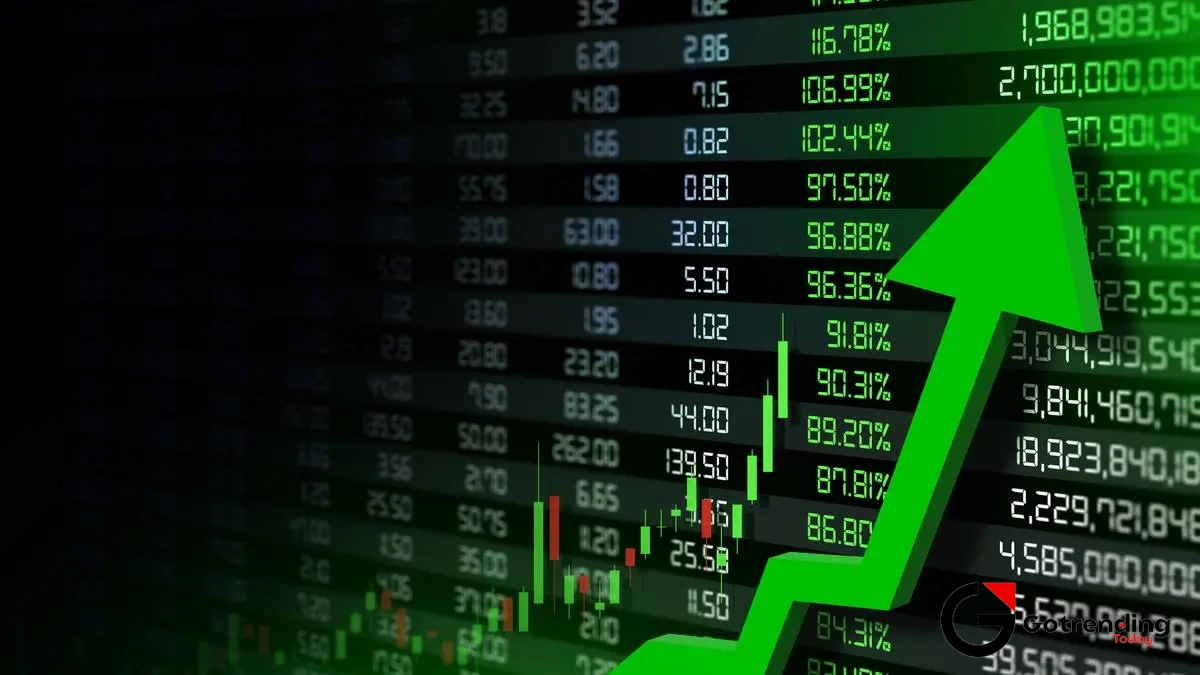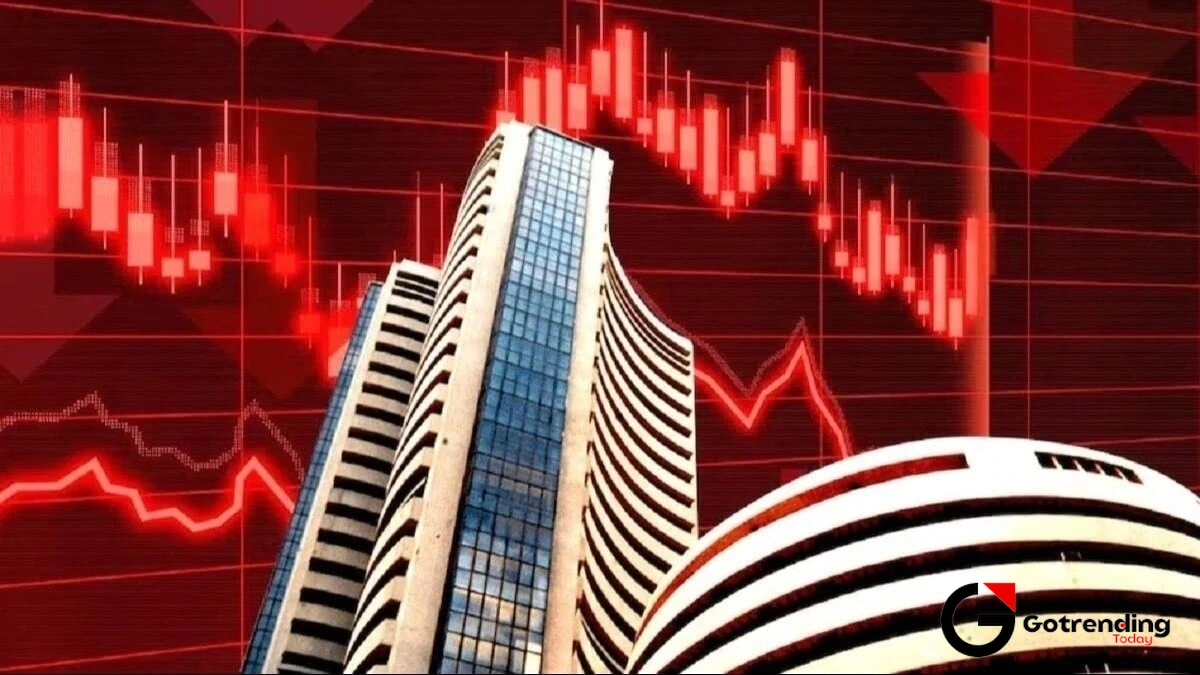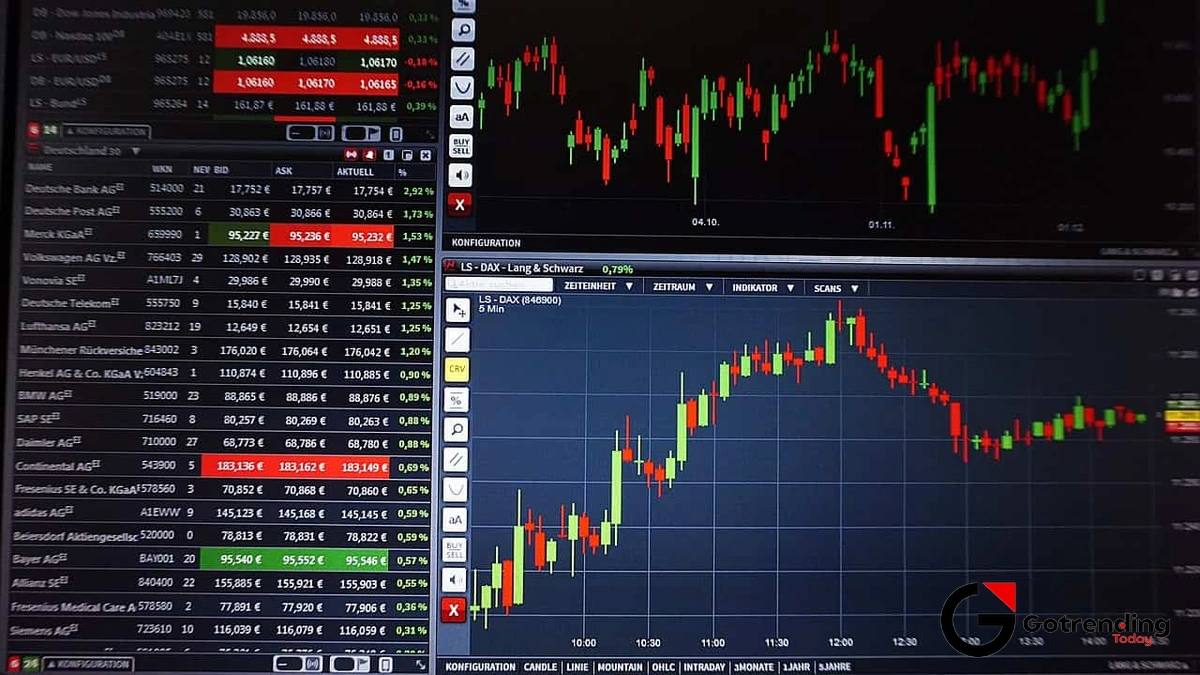The Share Market Isn’t What Your Uncle Told You It Was
Let’s be honest. For most of us in India, the first time we heard about the share market was probably at a family gathering. There’s always that one uncle who whispers about it like it’s some secret, high-stakes poker game where he once made or lost a fortune on a “hot tip.” Or maybe it was a cautionary tale from our parents, a vague warning about gambling and losing the house.
For years, I bought into that narrative. The stock market felt like a members-only club for financial wizards in sharp suits, or a digital casino for reckless day traders. A place for other people. Not for me.
But the frustrating thing is, that’s just not the whole story. Not even close. And I keep coming back to this point because it’s crucial: The Indian stock market is one of the most powerful, accessible tools we have for building long-term wealth. It’s not a casino. It’s a marketplace. And you don’t need to be a genius to participate.
You just need a change in perspective.
So, What Even Is the Share Market, Really?

Forget the flashing red and green numbers for a second. Let’s boil it down. Think about your favourite local restaurant. Imagine they’re so successful they want to open a new branch, but they need cash to do it. So, they decide to divide the ownership of their entire business into 10,000 tiny pieces, or ‘shares’. By buying one share, you’re not just betting on a number. You literally own a tiny, fractional piece of that restaurant. You are a part-owner. When the restaurant does well and makes a profit, the value of your piece goes up. It’s that simple. And that profound.
Now, scale that up. The share market is just a giant, organized platform like the Bombay Stock Exchange (BSE) or the National Stock Exchange (NSE) where you can buy and sell tiny pieces of India’s biggest and most promising public companies. From the banks we use and the cars we drive to the software we use at work. You’re not gambling. You’re participating in the country’s economic growth.
I wish someone had explained it to me like that from the start. It would have saved me years of thinking it was all just abstract speculation. It’s ownership. That’s the key.
The Two Words You Can’t Escape | Sensex and Nifty

Alright, you turn on the news, and they’re screaming, “Sensex is down 500 points!” or “Nifty hits a new high!” What does that even mean? It’s confusing, right? It used to make my head spin.
Think of Sensex and Nifty as the market’s report card. Or maybe its mood ring.
They don’t represent one company. They are indices. The Sensex is a basket of the 30 largest, most established companies on the BSE. The Nifty 50 is a basket of the 50 largest on the NSE. When you hear that Nifty is “up,” it just means that, on average, the 50 biggest companies in India had a good day. It’s a barometer of the overall health and sentiment of the market. It’s not a stock you can buy directly (though you can buy funds that mimic it), but a vital indicator. It’s the headline before you read the full story. Understanding this distinction is a core part of grasping share market basics .
Don’t get obsessed with their daily movements, especially when you’re starting out. Just know what they represent: a quick snapshot of the big picture.
Getting Your Foot in the Door | The Not-So-Scary First Steps

“This is all great,” you might be thinking, “but how to invest in share market practically?” I get it. The jargon can be a barrier.
Here’s the thing. You only need two things to start, and they’re surprisingly simple.
First, a Demat account . That sounds technical, I know. But a Demat (dematerialized) account is just a secure digital locker where your shares are held. It’s like a bank account, but for stocks instead of money. And you need a Trading Account, which is the platform you use to actually place the buy and sell orders. Most brokers these days bundle these two together in a simple, one-stop application process.
To open one, you’ll need your PAN card, Aadhaar card, and proof of address. That’s it. There are dozens of SEBI-registered brokers in India, from traditional banks to sleek new discount brokerage apps. The process is almost entirely online and can be done from your couch. It’s less hassle than getting a new phone plan, I promise. This process has become so streamlined, unlike the old days of endless paperwork. Back then, it felt like you were applying for a top-secret clearance. Today, it’s a matter of minutes. Just make sure you choose a reputable broker; you can find a list of registered brokers on the SEBI website .
The Mindset Shift | Investor vs. Gambler

I keep coming back to this because it’s the most important part of the entire journey. This is where people either succeed or fail miserably. The share market can be a place for patient stock market investment , or it can be a place for reckless gambling. The choice is entirely yours, and it’s determined by your mindset.
A gambler is looking for a thrill. A quick win. They hear a hot tip, buy a stock without any research, and hope to sell it tomorrow for a profit. Sometimes it works. Most of the time, it doesn’t. This is where the horror stories your uncle told you come from.
An investor is different. An investor is a business-owner. They are buying a piece of a company they believe in for the long haul. They’ve done their homework. They understand that the market will have good days and bad days, but they have confidence that over five, ten, or twenty years, a good business will grow and so will their investment. Their goal isn’t a quick buck; it’s achieving long-term financial goals . Thinking about a company’s future potential can be fascinating, much like seeing how a company like Qualcomm could influence future tech; you can get a glimpse into that by reading a NASDAQ:QCOM guide .
The moment you make that mental shift from “playing the market” to “owning businesses” everything changes. Fear is replaced by patience. Panic is replaced by opportunity. The daily noise of the market fades into the background, and you can focus on what really matters: the slow, steady, and incredibly powerful process of wealth compounding over time. It’s a long game, not a sprint. Sometimes, new opportunities arise in the market, like when a company decides to go public. For instance, you might see news about an upcoming IPO and wonder what the Anthem Biosciences IPO Allotment Date is, which is part of this whole ecosystem of company growth.
FAQs You Were Too Afraid to Ask
Is the share market just a form of gambling?
Honestly, it can be if you treat it that way. If you’re chasing hot tips, trading constantly without research, and hoping for overnight riches, then yes, you’re gambling. But if you’re buying quality companies with a long-term view (5+ years), you’re investing. You’re becoming a part-owner in a business. The mindset makes all the difference.
Do I need a lot of money to start investing in the Indian stock market?
Absolutely not! This is one of the biggest myths. You can literally start with as little as ₹500 or ₹1000. Many people begin with a Systematic Investment Plan (SIP) in a mutual fund for a few thousand rupees a month. The key is not how much you start with, but the habit of investing regularly.
What’s the absolute first thing I need to do to begin?
The first concrete step is to get your documents in order (PAN, Aadhaar, bank proof) and open a Demat and Trading account with a SEBI-registered broker. Without this, you can’t buy a single share. It’s the foundational step.
How do people actually make money in the share market?
There are two main ways. First, through capital appreciation you buy a share at ₹100, the company does well, and its value increases to ₹150. You’ve made a ₹50 profit per share. The second way is through dividends. Some companies share a portion of their profits with their shareholders. It’s a direct cash payout to you, just for being an owner.
Why does the market go up and down so much?
Market volatility is driven by a million factors economic news, company performance, government policies, global events, and simple human emotions of greed and fear. In the short term, it’s chaotic. But over the long term, the market’s direction has historically been upward because good businesses tend to grow and become more valuable over time.













